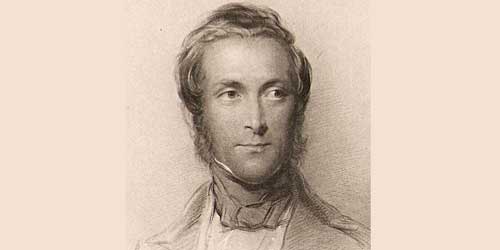Governor Generals of India
While the British Rule these were the Governor Generals of India.
Lord William Bentinck (1828-1835)
- Carried out social reforms like Prohibition of Sati (1829) and elimination of thug (1830)
- Made English medium of higher education in the country (after the recommendations of Macaulay)
- Suppressed female infanticide and child sacrifice
- Charter Act of 1833 was passed: made him the first Governor General of India before him, the designation was Governor General of Bengal
Sir Charles Metcalfe (1835-1836)
- Abolished all restriction on vernacular press (called Liberator of the Press)
Read Also: India under Governor generals
Lord Auckland (1836-1842)
- The most important event of his reign was the first Afghan War, which proved to be a disaster for the English
Lord Elleborogh (1842-1844)
Lord Harding I (1844-1848)
Lord Dalhousie (1848-1856)
- Opened the first Indian Railway in 1853 (from Bombay to Thane)
- Laid out the telegraph lines in 1853 (first was from Calcutta to Agra)
- Introduced the ‘Doctrine of Lapse’ and captured Satara (1848), Jaipur and Sambhalpur (1849), Udaipur (1852), Jhansi (1853) and Nagpur (1854)
- Established the postal system on the modern lines through the length and breadth of the country, which made communication easier
- Started the public works department, many bridges were constructed and the work on grand trunk road was started. The harbors of Karachi, Bombay and Calcutta were also developed.
- Made Shimla the summer capital
- Started engineering college at Roorkee
- Encouraged Science, Forestry, Commerce, Mineralogy and Industry
- In 1854, ‘Wood’s Dispatch’ was passed, which provided for the properly articulated system of education from the primary school to the university
- Due to Ishwar Chandra Vidyasagar’s efforts, remarriage of widows was legalized by Widow Remarriage Act, 1856
Must Read:

Great job sir…i read all content posted by yoy guys…thanx for such a great work
very good job sir, it's very helpful to us
Lord Dalhousie (Y)
The best guy
Comments are closed.